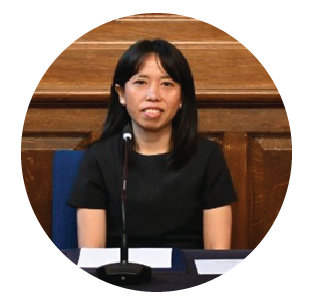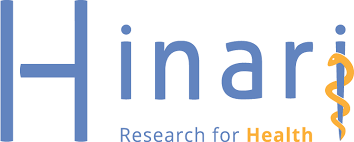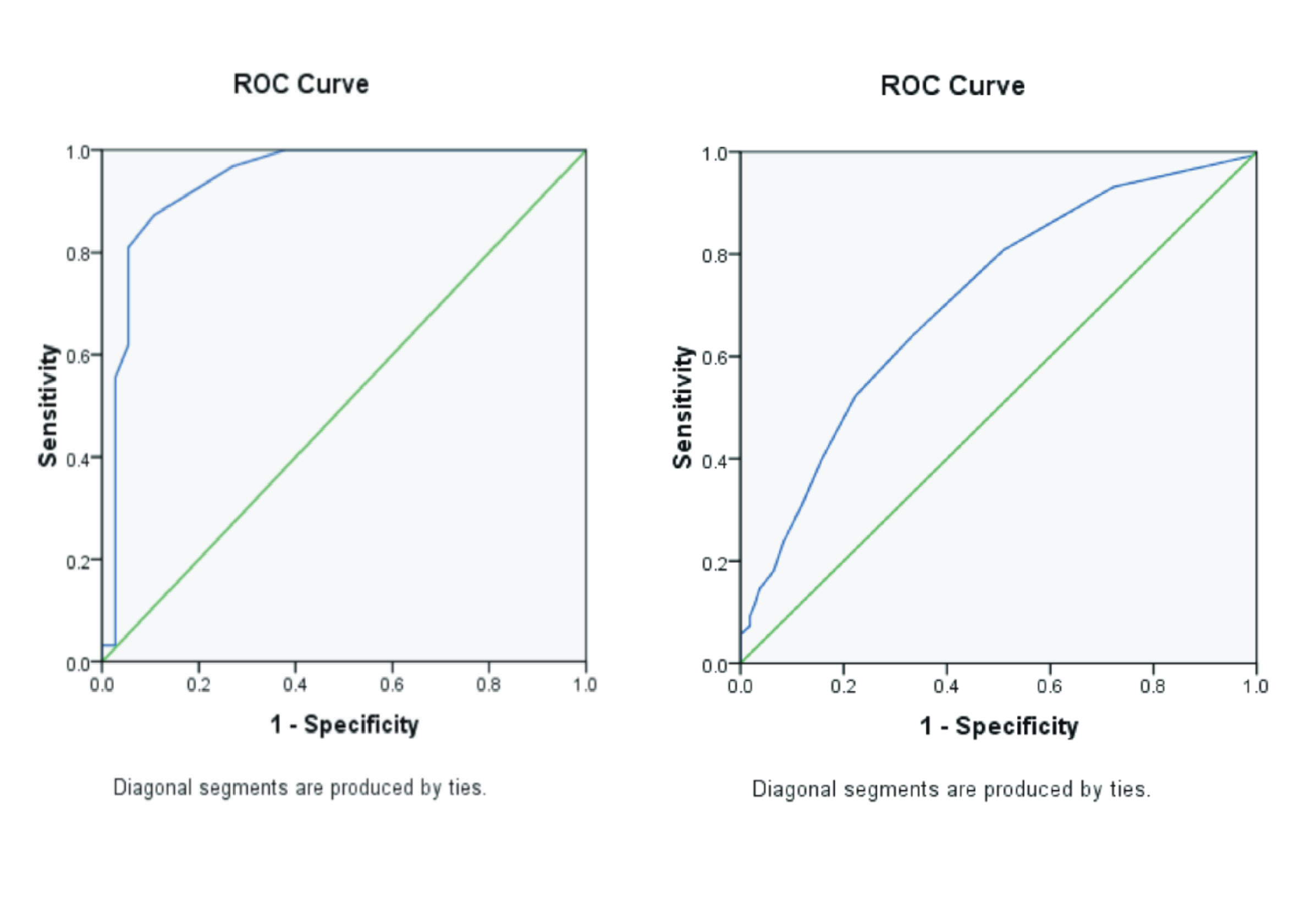Publication Ethics
Journal of Vocational Health Studies is dedicated to ensuring that all published works adhere to the ethical standards of academic publishing. Journal of Vocational Health Studies follows the guidelines of the Committee on Publication Ethics (COPE)
Journal of Vocational Health Studies maintains a rigorous peer-review process, in concert with clear ethical policies and standards, to support the addition of high-quality scientific studies to the field of scholarly publication. We are committed to investigating and dealing with any ethical issues that come to our attention for the maintenance of the integrity of our literature and the guarantee that research participants are safe.
Duties of the editors (Based on Committee on Publication Ethics (COPE) and The International Committee of Medical Journal Editors)
In evaluating manuscripts, the editors are committed to maintaining integrity, adhering to a set of principles of fairness, and treating all manuscripts without discrimination. The editors must ensure the confidentiality of all information related to the submitted manuscripts to the Journal of Vocational Health Studies. If the editors have a conflict of interest, they should disclose it immediately to the managing editor via the discussion section. The managing editor is to obtain another editor to handle the manuscript.
The Editor of a journal has exclusive responsibility for determining all published content, and editorial decisions may take into account factors beyond the manuscript’s quality, such as its alignment with the journal’s scope and objectives. The Editor retains the right to reject a manuscript at any stage prior to publication, including after acceptance, should concerns regarding the integrity or authenticity of the work arise.
The editors are required to select a minimum of two reviews from field experts for each manuscript and should preserve the anonymity of reviewers. The editor of the Journal of Vocational Health Studies is responsible for ensuring that all manuscripts under consideration for publication undergo blind peer review. Manuscripts that complete the manuscript's flow process properly and meet the requirements of the journal's editorial policies will be considered for publication. The editor may confer with other editors or reviewers in making this decision to ensure a rigorous and objective evaluation.
Duties of The Reviewers (Based on Committee on Publication Ethics (COPE) and The International Committee of Medical Journal Editors)
The reviewers are obliged to maintain the confidentiality and not use for personal advantage any privileged information or ideas obtained during the peer review process. The reviewers should be constructive in their reviews and provide feedback, so the authors can improve their manuscript. Personal criticism of the author or making slanderous comments is inappropriate.
Reviewers are expected to respond promptly to review invitations and to submit their evaluations within the agreed timeframe. If a reviewer feels unqualified to assess the research content of a manuscript or foresees an inability to complete the review, they should promptly inform the Editor and withdraw from the review process. Reviewers may also recommend an alternative reviewer to the Editor through the comments section.
Reviews should be conducted in a professional, technical, and objective manner. Reviewer feedback plays a crucial role in assisting the Editor in making informed editorial decisions. Reviewers should verify that authors have properly acknowledged all data sources and have cited relevant published work. If a reviewer identifies any potential conflict of interest, they must immediately inform the Editor and decline the review invitation, after which an alternative reviewer will be assigned. Any reviewer wishing to transfer a review invitation to another individual must first obtain the Editor’s approval.
Duties of The Authors (Based on Committee on Publication Ethics (COPE) and The International Committee of Medical Journal Editors)
Authors submitting manuscripts to the Journal of Vocational Health Studies must ensure that their submissions fully comply with the journal’s policies and guidelines. Authors are responsible for submitting original work that presents accurate data, free from fabrication, falsification, or inappropriate manipulation, and must be prepared to provide the underlying data upon request. Manuscripts must not be submitted to more than one journal simultaneously.
Authors are required to cite all publications that have influenced the reported research. Information obtained privately, through conversations, correspondence, or discussions with third parties, must not be used or disclosed without explicit written permission from the source. All authors must disclose any potential conflicts of interest that could influence the results or interpretation of the manuscript, as well as any financial support received, including relevant grant or reference numbers.
Authorship should be restricted to individuals who have made substantial contributions to the conception, design, execution, or interpretation of the study. The corresponding author bears primary responsibility for communication with the journal and must ensure that all appropriate co-authors are included, have reviewed and approved the final version of the manuscript, and have consented to its submission. All authors are required to confirm their approval by signing the authors’ statement letter.
Hazards and human or animal subjects (Based on The World Health Organization guidelines for clinical trials, ARRIVE guidelines (Animal Research: Reporting of In Vivo Experiments), and Helsinki declaration)
Authors must include a clear and explicit statement in the Material and Method section if their manuscript involves human or animal subjects, or the use of chemicals, procedures, or equipment that present any unusual hazards. In such cases, authors are required to provide the ethical approval certificate number and specify the name of the ethics committee that granted the approval in the designated ethical approval section. For studies involving human participants, the manuscript must include a statement confirming that informed consent was obtained, and the privacy rights of participants must be strictly upheld. The Editors reserve the right to reject any manuscript that fails to comply with established ethical and procedural standards.
Fundamental Errors in Published Works
Authors must promptly notify the Editor of the Journal of Vocational Health Studies of any significant errors or inaccuracies identified in their published work. Upon notification, authors are required to cooperate with the journal to issue a correction or retraction, or to provide sufficient evidence supporting the accuracy of the original publication.
Author Contributions
To ensure full transparency, all submitted manuscripts must include an author contribution statement clearly specifying the role and work undertaken by each author. For research articles with multiple authors, a brief paragraph should succinctly outline the specific contributions of each contributor.
Changes to Authorship
Any amendments to the list of authors, whether during the editorial process or following publication, must be approved by all listed authors, including those whose names are being removed. The journal reserves the right to request supporting documentation to verify authorship. Modifications to authorship after acceptance will be subject to the discretion of the Journal Editor.
Authorship and The Use of AI or AI-Assisted Technologies
Regarding the use of artificial intelligence (AI) and AI-assisted technology in manuscript preparation, the journal complies with the Committee on Publication Ethics' (COPE) policy statement. Tools like ChatGPT and other large language models (LLMs) are not allowed to be considered authors on articles based on COPE's authorship criteria.
Corrections and Retractions Policy
Correction
In order to maintain the article's originality and scholarly integrity while correcting any mistakes or omissions that can affect how it is interpreted, a correction notice is sent out. A separate corrigendum (for author errors) or erratum (for publisher errors) outlining the required corrections will be issued as soon as any serious factual errors or substantial mistakes are discovered in the article. Rest assured, the academic validity and integrity of the article will remain intact. If the article is updated, a correction note will be included to point out the changes and cite the relevant erratum or corrigendum. There will be links to the original article for all corrections and errata.
Retractions
In accordance with the COPE Retraction Guidelines, the journal notifies readers of substantial errors or transgressions of scientific integrity by means of a retraction notice. If, after an investigation and editorial review, the findings or conclusions cannot be regarded as reliable for any reason, the journal may retract the article.
To request the retraction of an article, authors can send an email to jvhs@journal.unair.ac.id. The Journal Editor will evaluate the requests, which may be declined if they do not align with COPE guidance and journal policies. In the event of a retraction, we will always explain the rationale behind the decision, along with a direct link to the initial article. Although we will inform authors of the retraction and welcome their input, it is worth emphasizing that their consent is not necessary. We will only revisit our decision to retract if undeniable new evidence emerges.
To request the retraction of an article, authors can send an email to jvhs@journal.unair.ac.id. The Journal Editor will assess such requests and may reject them if they are inconsistent with COPE guidelines or the journal’s established policies. In the event that a retraction is issued, a detailed explanation of the rationale will be provided, accompanied by a direct link to the original article. Although authors will be informed of the retraction and invited to provide their comments, their consent is not required. The retraction decision will only be reconsidered upon the presentation of undeniable new evidence.
Intellectual Property (Copyright Policy)
Journal policy about intellectual property or copyright is declared here: Copyright Notice
Peer-Review Process Policy
Peer-Review process/policy is declared here: Peer Review Process














































